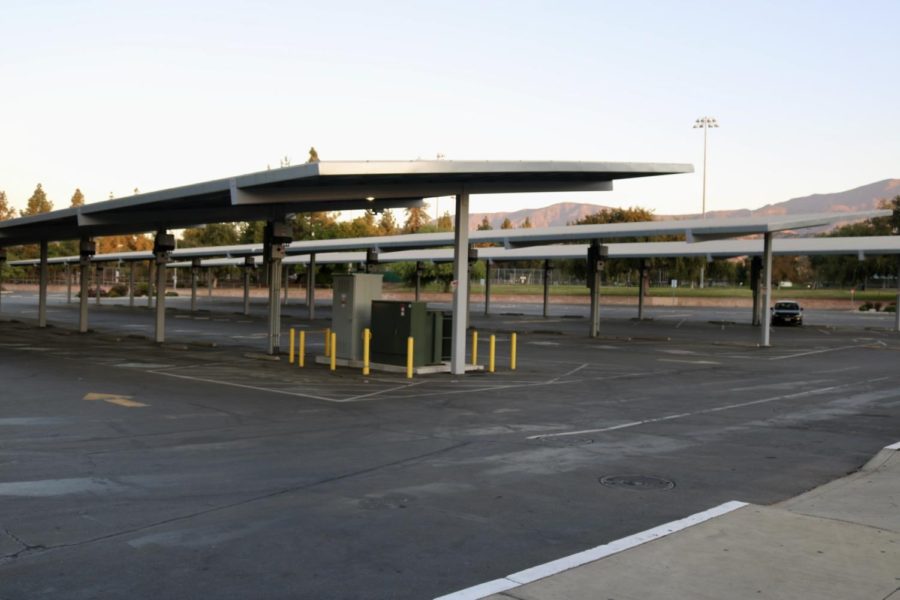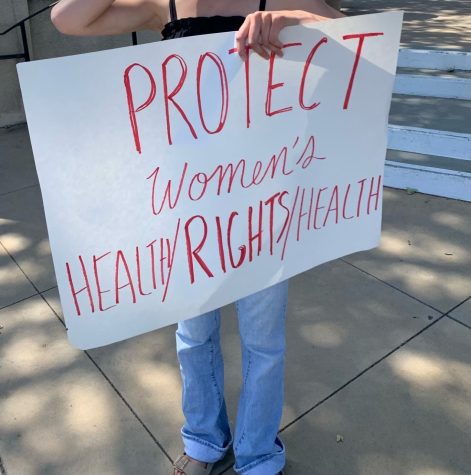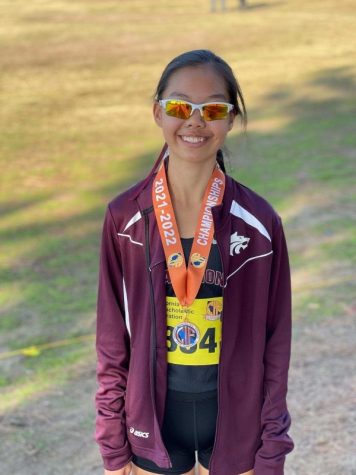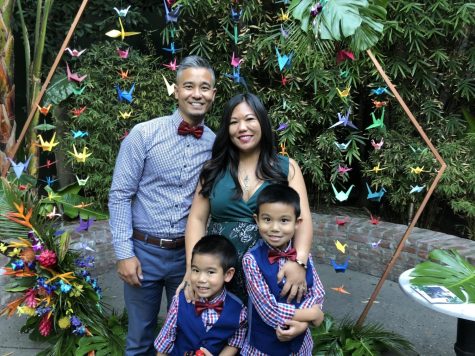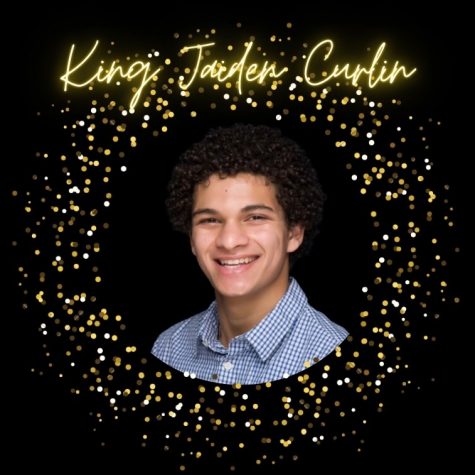“Late Start Bill” SB 328: Students are Entitled to More Sleep by Law, and Bequeathed Less Time for Homework
A cold dawn rises over the empty CHS parking lot, students on their way and others just awaking from too little sleep. Forced to arrive early, one single car awaits, sheltered from the cold.
At 6:40 a.m., CHS students braving the infamous first period, drag themselves to their classrooms, just as the sun barely begins to approach the horizon. Many may complain about the three hours of sleep they got the night before, or joke that arriving at school while it is still dark outside feels “illegal.”
So, it may come as good news for students that CHS’ start times for first and second period would contradict California state law, as of October 13, when California governor Gavin Newsom signed legislation SB 328, mandating California public middle and high schools to start later; supporting a movement that has been gaining traction over the past two decades.
“When Governor Newsom took office, he indicated that he liked the science behind the bill,” Superintendent Jim Elsasser said. “As the year progressed, his public support of the bill seemed to increase. By the time the bill got to his desk for signature, superintendents throughout California were being told that the Governor was most likely going to sign the bill into law.”
As such, California is the first state to require schools to start after a specific time, in view of recent studies validating the health benefits of more sleep. According to the bill, middle schools will be required to commence no earlier than 8:00 a.m. High schools cannot start before 8:30 a.m. It states that school districts are to have three years allocated in order to implement later start times, requiring that they be put into effect no later than July 1, 2022. The law does not apply to “optional” first periods.
With this new law comes many wondering how it will affect CUSD school hours, when the law will be implemented, and whether or not it will truly mean more sleep for students.
First of all, the bill will not affect El Roble, as the middle school currently starts at 8:10 a.m; ten minutes after the new mandated start time. But for CHS, implementing these start times will be a more of a tedious act than one may realize.
According to CHS Principal Brett O’Connor, after meeting with a group of stakeholders, a committee will be tasked with sorting out how CHS will implement the start times. The committee will likely be formed around the spring of this year. O’Connor predicts that the law will push back the school day by 35 minutes, including first period, meaning that second period would start at 8:30am, and first period at 7:30am. He also predicts that CHS will likely take two or three years to fully make the implementation.
“What I see us doing, most likely, is second period will begin at 8:30,” O’Connor said. “And I think the committee is going to have an interest in having first period meet 35 minutes later than it already does… It would be the same structure as we really have now.”
O’Connor also mentioned that the athletic directors and principals within the Palomares League will meet in coming months to rework practice and game times, something that will be largely affected by the later start times.
“We really need to talk about, with the later dismissal time, if there is going to be any adjustment to when our competitions begin,” O’Connor said. “We can’t do it unilaterally, so over the next few months, the league will begin discussing.”
While the bill claims to encourage more sleep for high school students, it has also come with controversy, with many opponents arguing that pushing back the school day will only mean students getting home later, completing their homework later, and, therefore, getting even less sleep. However, Elsasser has stressed that the law’s effectiveness will depend on the individual student’s habits and motivation.
“I think it will be up to each student whether or not they get more sleep,” Elsasser said. “It is a matter of time management and balancing homework with other after school commitments, and ultimately making a personal choice as to when to go to bed.”
Current CHS freshmen are guaranteed to experience the implementation by their senior year. As concrete plans have not been created, CHS has yet to see whether or not a difference of 35 minutes will truly be effective, and if more states will begin to follow California’s lead.
“Our children’s health and welfare win!!!” State Sen. Anthony Portantino posted on Facebook shortly after the bill’s passing. “Thank you Governor Newsom for signing SB 328 to push high school and middle school start times later in the morning. This will have a tremendous benefit to student health and academic performance.”
Hello there! Our goal is to provide relavent, engaging journalism for readers of all ages. Your donation will support the student journalists of the Wolfpacket at Claremont High School, and will allow us to purchase equipment, print our monthly issues, and enter in journalism competitions. We appreciate your consideration!
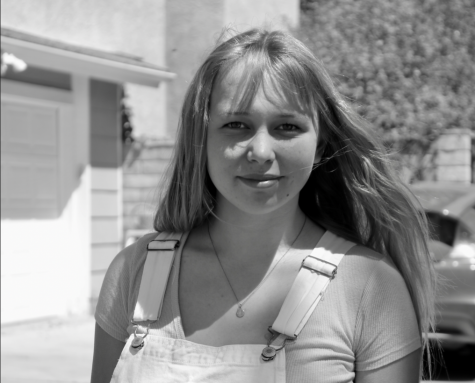
Claire Judson has been a Wolfpacket staff member since her sophomore year, and has served as a reporter, Business Manager, Assistant News Editor, and now...
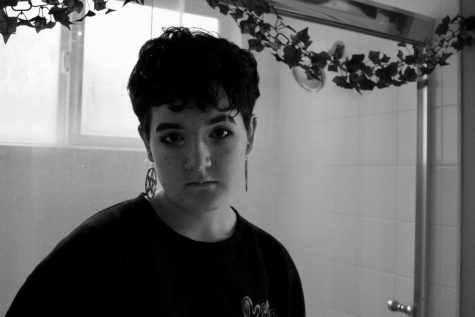
Kay Oken has been on the staff of the Wolfpacket since their freshman year. Over the years, they have been a reporter, photographer, Photo Editor, and...





